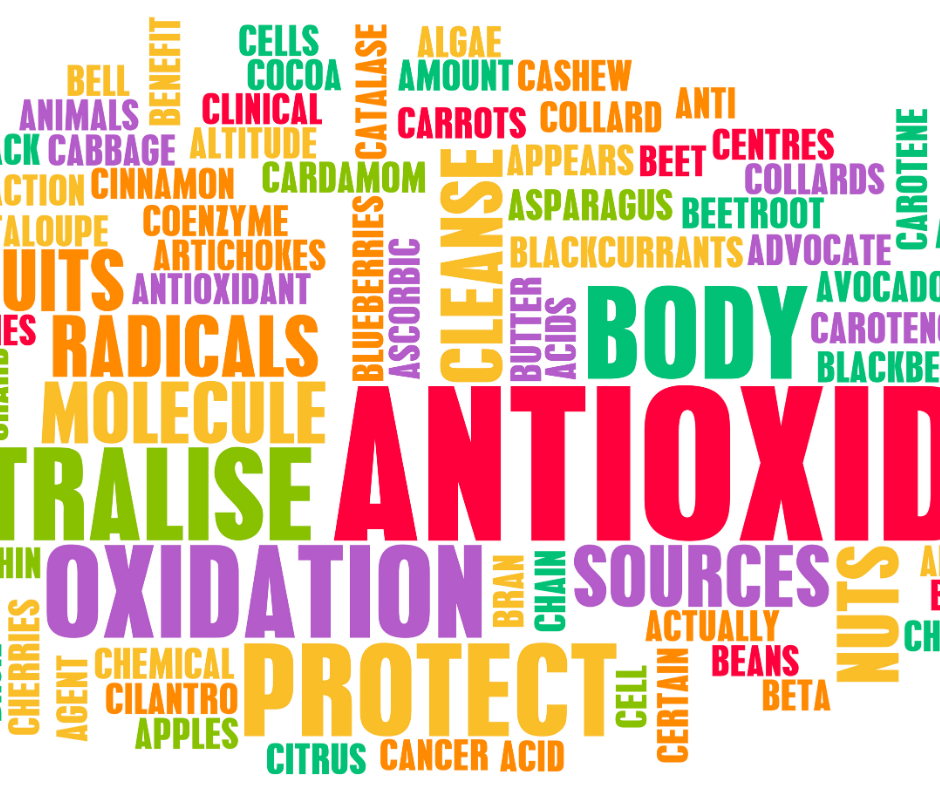How nutrition can support becoming alcohol-free
Quitting alcohol, when you have a psychological and/or physical reliance, is a very big thing. Often it takes a lot of building up towards making the final decision - playing around with the idea, usually some rejection and then finally, acceptance.
And this to-ing and fro-ing before you take the leap can go on for some time (years, in my case…).
It’s a good idea to do some preparation beforehand so you understand how you might feel, physically and mentally, when you stop drinking. A handful of people start feeling great a few days into being alcohol-free but for most chronic drinkers, sobriety can be challenging in the early days, with times of intense discomfort.
There are, however, ways to ease the discomfort.
But first, a definition of chronic drinkers - if you are drinking more than the recommended 14 units a week (i.e. just over a bottle of wine), and if you are not having the recommended 2-3 alcohol-free days per week, then you are considered to be a chronic drinker.
And there are both mental and physical health implications.
Fatigue, mental fogginess, difficulty sleeping, depression, anxiety, trouble concentrating, and cravings are common symptoms when we quit drinking due to disturbances to neurotransmitter function and other physiological imbalances.
These are caused by:
Nutrient deficiencies: Chronic alcohol consumption alters essential micro- and macronutrient levels, interfering with the digestion, storage, utilisation, and excretion of nutrients. Nutrients that are directly affected by alcohol consumption include:
The fat soluble vitamins A, D, E and K
B vitamins including folate, and vitamin C
Calcium, magnesium, iron, zinc and selenium
Omega 3 fatty acids
Choline
Additionally, many of us make poor food choices when we are drinking.
Damage to the gut: Even moderate drinking damages the gut lining which may lead to increased intestinal permeability (also known as leaky gut), and may cause gut dysbiosis (bacterial overgrowth). Our gut health affects every system of the body. Not only are the obvious symptoms like bloating, abdominal pain, constipation, diarrhoea, reflu, and excess wind linked to gut dysfunction, but also symptoms like fatigue, low immunity, anxiety, painful joints, increased food intolerances and low mood.
Hormone disruption: Chronic consumption of alcohol disrupts the communication between the nervous, endocrine and immune systems, causing hormonal disturbances that can affect the entire body and result in various disorders such as adrenal dysfunction, sleep problems, premenstrual tension, thyroid imbalances and mood disorders.
Disrupted brain chemistry: The brain is a major target for the actions of alcohol – it’s why we drink in the first place, to change how we feel. Alcohol interacts with serotonin, dopamine, GABA and acetylcholine receptors, leading to a neurotransmitter imbalances. These imbalances give rise to feelings of discomfort and instinctively the brain will crave anything to corrects those imbalances.
So it makes sense that by paying attention to what and when we eat, and to what and how we supplement - by supporting the physiological imbalances caused by chronic drinking - we will make a big difference to how we feel as we recover.
Optimum nutrition can help to
1. Support your gut so you can digest and absorb the much-needed nutrients fromy our food and supplements
2. Redress the macro- and micro-nutrient deficiencies caused by alcohol and poor diets
3. Nourish your liver to support detoxification and elimination processes
4. Stabilise blood sugar levels to help reduce cravings and support mood
5. Support neurotransmitter function which may be out of kilter due to genetics, chronic stress, trauma, substance abuse or poor diet
6. Improve disrupted sleeping patterns
My job is to make it easier for you. Contact me to find out how I can support you. Or, you might be interested in one of my workshops or retreats (see below).

